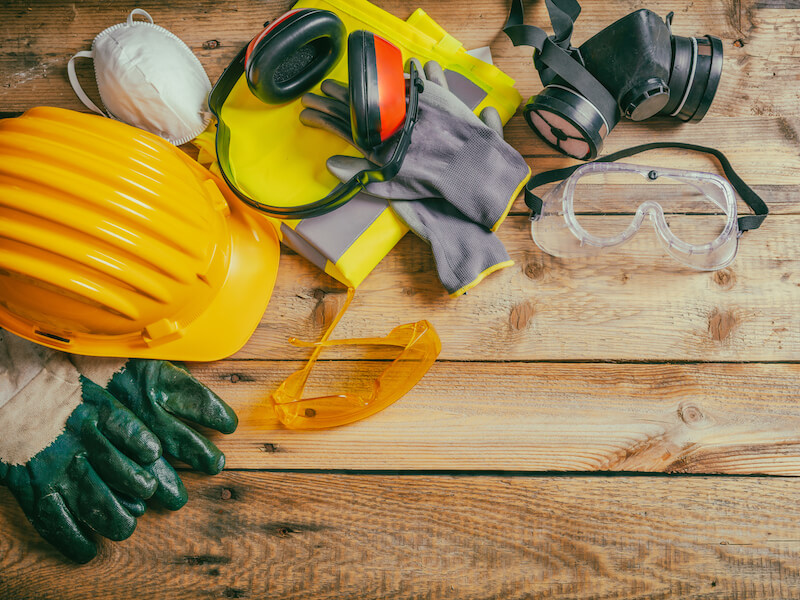
Roughly two million workplace injuries are documented every year. When you think of on-the-job injuries, you might think of flying objects or a hand pulled into a piece of machinery at a factory.
But there is a much more insidious on-the-job injury that is even more common and frequently unnoticed. It sneaks up on people very slowly over the course of several years. The injury goes undetected until the effects become impossible to ignore. People often make excuses. “It’s just part of aging” or “It’s a short-term issue”. This response is normal.
And it’s unusual for people to even recognize that their workplace is the cause of this injury.
The insidious injury is damaged hearing. There are a number of warning signs you should identify, and there are important steps you need to take if you suspect the damage is already done.
How Loud is Too Loud?
Your hearing can be permanently damaged with prolonged exposure to as little as 85 decibels (dB) over a long period. Seventy-five dB, for example, is the average volume of a vacuum cleaner. Eighty-five dB for a lawnmower. A leaf blower or chainsaw generates more than 100 dB. A gunshot is around 140 dB.
Are you at risk when you’re at work? Is the most common workplace injury a problem for you? Over time, your hearing can be damaged if you are regularly exposed to sound as loud as a lawnmower, even if it’s not constant.
Symptoms of Hearing Damage
You’re absolutely harming your hearing if you work in a loud environment without hearing protection.
Your experiencing hearing loss if you notice any of the following symptoms:
- When you speak with people you constantly think they are mumbling.
- You can’t understand the person speaking if there’s background sound.
- Your friends and family tell you your TV, radio, or computer tablet volume is too loud.
- You tend to disengage when people are talking.
- You feel pain when you hear loud noises.
- Conversations sound muffled.
- You’re hearing sounds in your ears like ringing, whistling, or hissing.
- You regularly ask people to repeat themselves.
- You confuse consonants – “Todd” sounds like “Dodd,” for instance.
How is Hearing Damage Being Tackled by Employers?
In environments that are extremely loud, technology is being put to use by businesses or organizations to reduce workplace noise. Workplace noise will be minimized as new guidelines are being put in place by governments to protect workers.
As more employees become aware of the chronic damage they have suffered due to workplace noise, they are coming forward. In time, their voices will result in further change.
Preventing Further Damage
If you work in a noisy setting, the smartest thing you can do is protect your ears before any damage is done. Using protective headphones or earplugs while at work will help decrease potential damage.
If you suspect your hearing has been damaged by a noisy workplace, make an appointment for a hearing exam as soon as you can. When you determine the extent of your hearing loss, you will find out how to counter further damage going forward. We can help you formulate strategies to protect against additional hearing loss and address the damage you’ve already experienced.
[blogcta]
